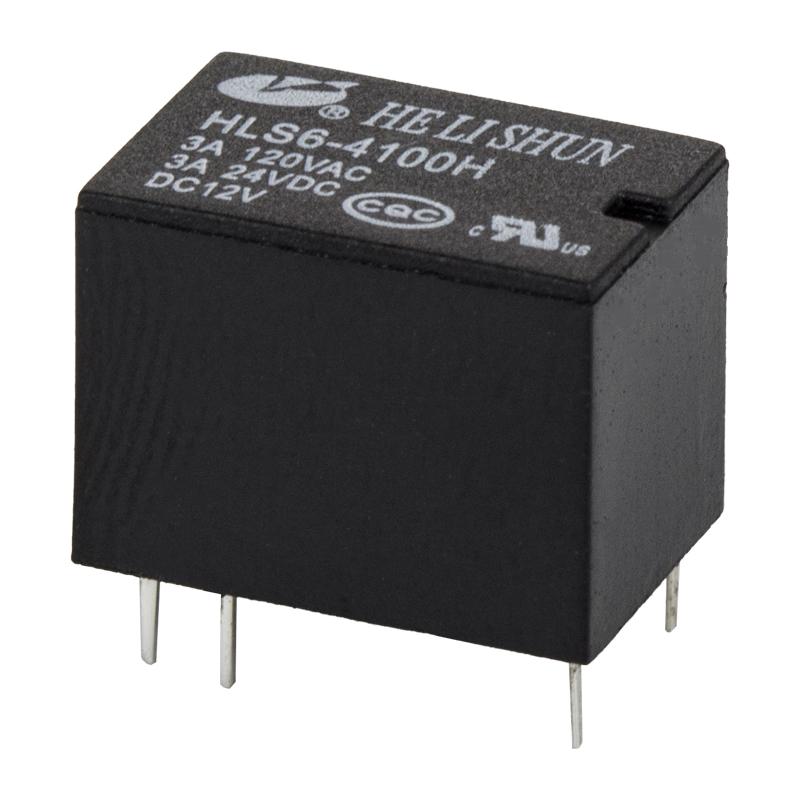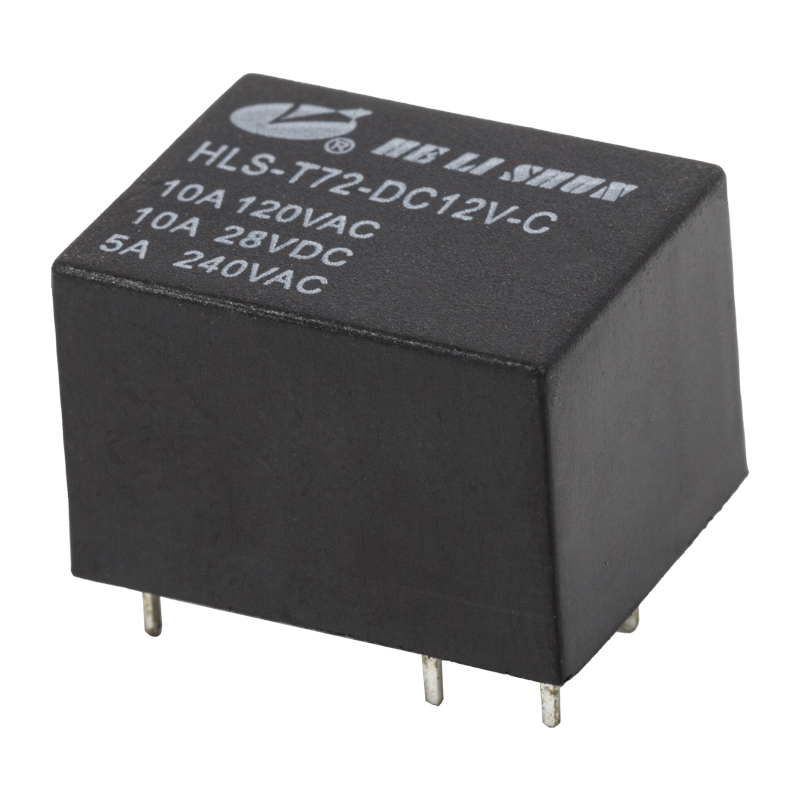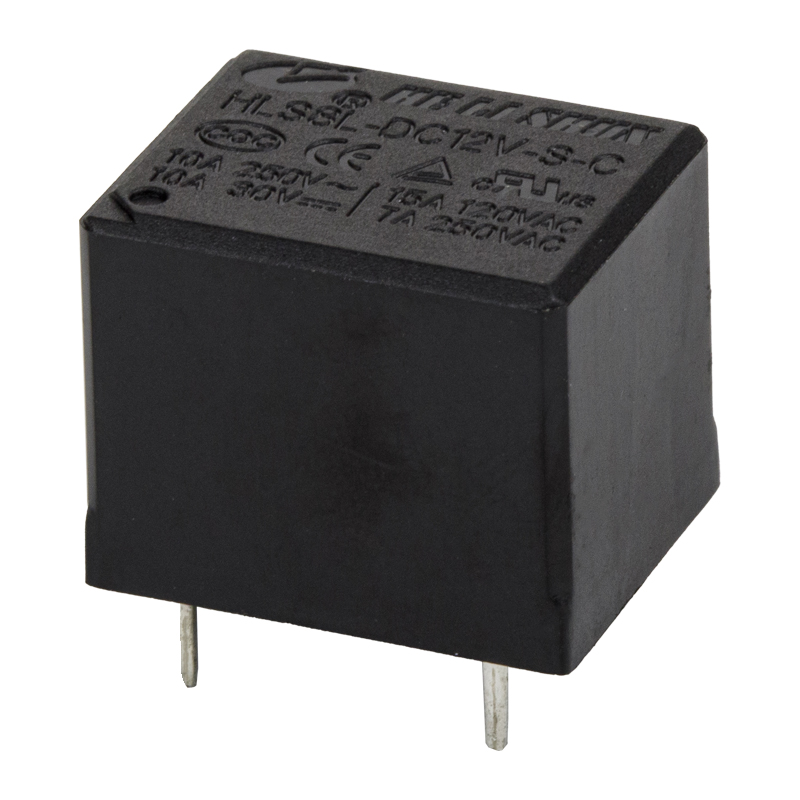Telecom Relay Services (TRS) is a communication tool that helps people with disabilities to make and receive telephone calls. In addition, this service also provides access to a variety of other services.The TRS operator, also called a Relay Agent, facilitates communication by typing back messages to deaf or hard-of-hearing callers. Calls are placed free of charge to users who have a qualifying disability. It is not limited to a certain length or frequency of calls, but it does require a telephone line.

The TRS operator is specially trained to assist callers with a disability. Unlike other services, however, the operator does not need to have a standard telephone. Those who have a standard phone can dial the relay phone number directly.Another benefit of the telecommunications relay service is the option to use a voice carry-over service. This feature allows a hearing-impaired caller to speak directly to a person without a disability. Voice carry-over is available in traditional TRS and in IP-based relay services.
IP-based relay services allow the user to place an anonymous call. However, these operators cannot complete emergency calls unless the address is provided. Some of these services also support mobile applications. Depending on the service, the operator will ask for the street address, state, and city.While these services are useful, they also come with their own set of issues. One of the main concerns is fraudulent calls. Fraudulent calls cost the United States millions of dollars each year. Businesses that have been victimized repeatedly may stop trusting relay calls.




 English
English 中文简体
中文简体















